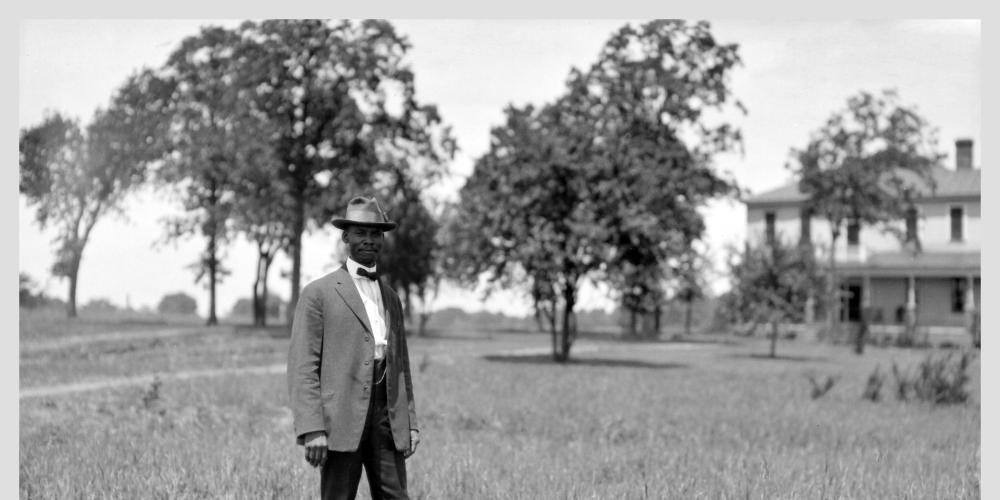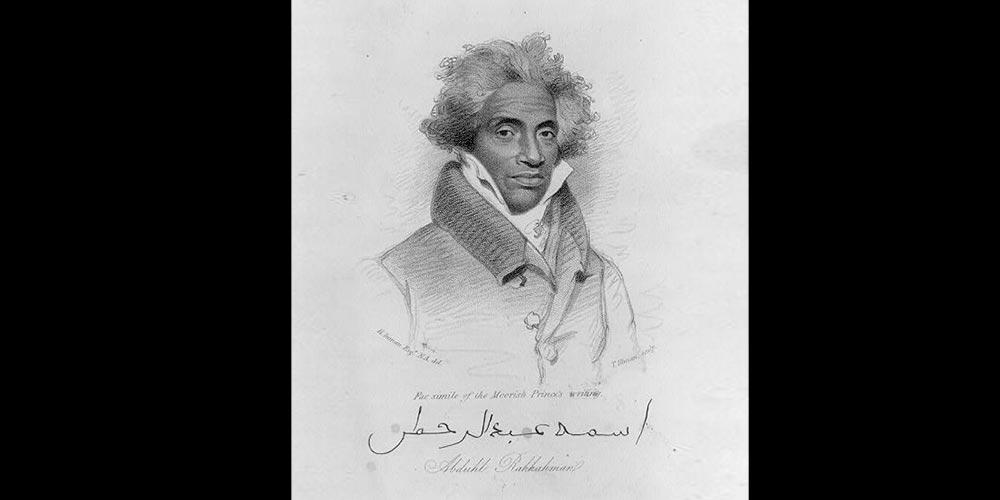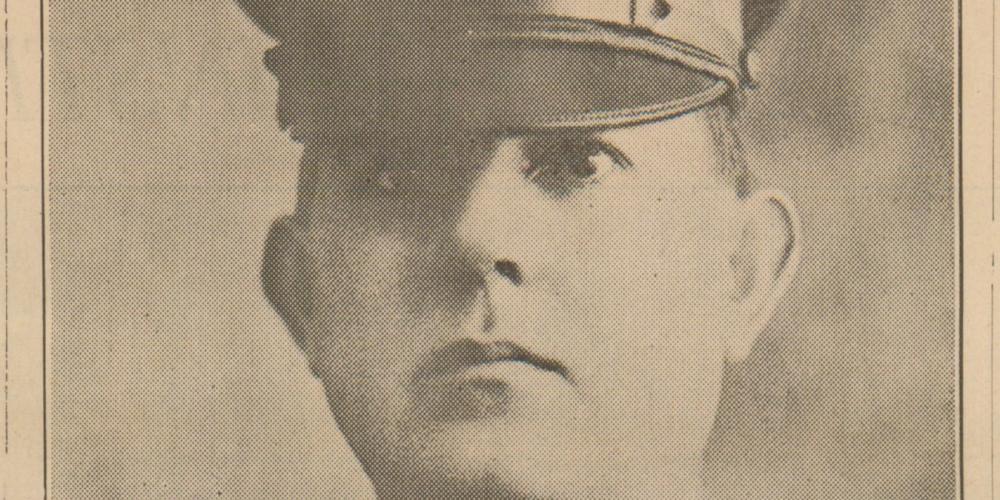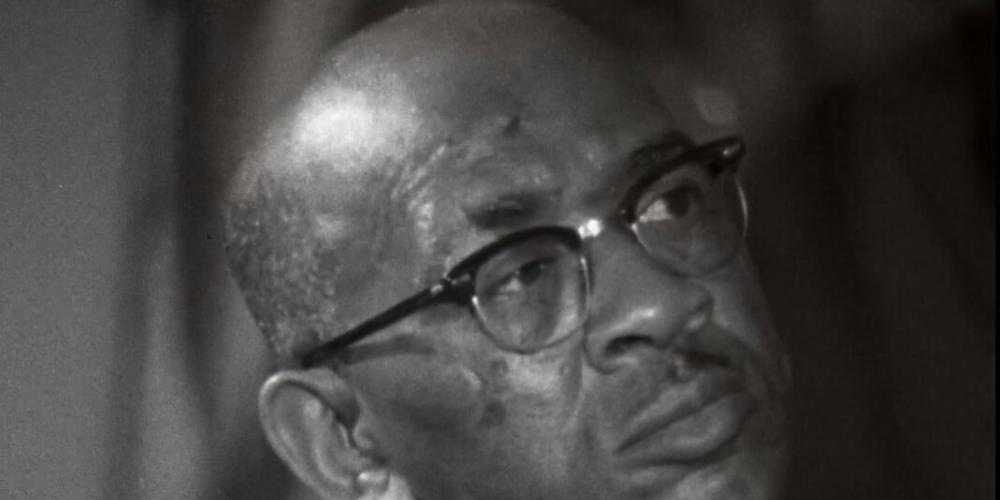Mississippi History Now
Mississippi History Now brings engaging online essays and lesson plans about Mississippi history to students, teachers, and the general reader. Search our online essays and paired lesson plans about Mississippi history by keyword, theme, or time period.
Other Featured Articles

Founded in 1902 by Wallace Battle, the Okolona Industrial School offered industrial and teacher training for generations of Black men and women in northeastern Mississippi. The institution was one of the most successful industrial schools in the state, having a plant of 380 acres in Chickasaw County and a valuation of nearly a quarter million dollars by the 1920s.
What is Mississippi History Now
The Mississippi Historical Society launched this online publication in 2000 and revised it in 2021 to encourage interest in Mississippi history and provide educators with articles, primary resources, and lesson plans for teaching the state’s rich and complex history. To contact the site, please email info@mdah.ms.gov.




